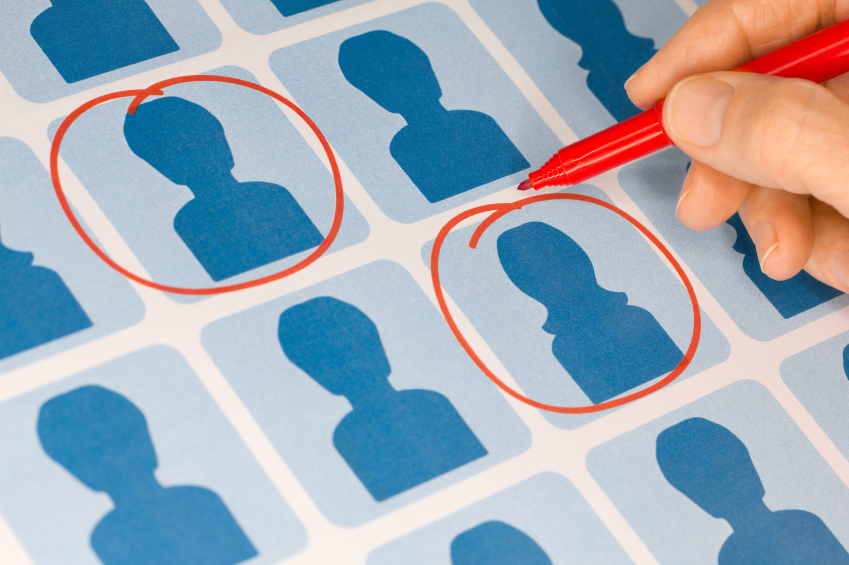Switzerland should announce its position regarding Pre-implantation Genetic Diagnosis on 14 June. An inter-party committee has been formed, refusing to accept that Switzerland should “open its doors to eugenics”.
The Catholic bishops and the Federation of Protestant Churches have also spoken out against PGD.
In turn, 17 disabled persons’ organisations have come together to protest against lifting the ban on pre-implantation genetic diagnosis: “If the yes votes dominate the polls this Sunday, they are all ready to support a potential referendum against the new law”.
However, these 17 organisations are not all firmly opposed to PGD and opinions are conflicting. Some agree with the practice, ‘provided that it is accessible to couples with a serious hereditary disease only’ whilst others approve the omission of the restriction on the number of embryos created by IVF but oppose “screening” of the human genome.
These organisations are all afraid of “marginalising people living with an anomaly” and “those who initially welcomed PGD eventually backed off when parliament decided to extend access to PGD to all couples with recourse to IVF, especially for Down Syndrome screening”. Urs Dettling pointed out that “Down Syndrome is a chromosomal mutation. It is not a serious or fatal hereditary disease warranting upstream screening”.
Julien Jäckle, Director of Integration Handicap exposed the difficulties faced by parents of disabled children: “We are living in a society where performance counts more and more. We must do everything we can to continue to help the most vulnerable both legally and morally”.
Carine Skupien, the mother of a severely disabled daughter confirmed this analysis and said that, “if they (disabled people) are not helped by institutions and organisations, parents may flounder given the enormity of the task”. She also warned against the practice of PGD which “poses the real risk that disabled people may be perceived as laboratory waste that has not been disposed of successfully”.
Le Temps (09/06/2015)

